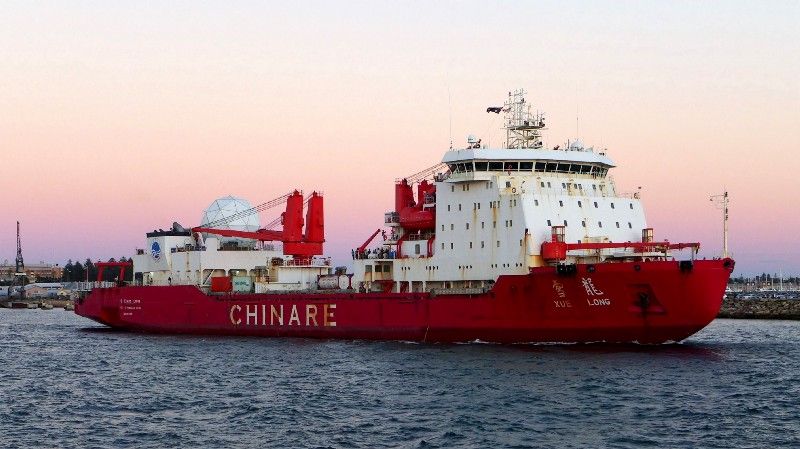Your Friday author is no Greenland expert, but I know its capital is called Nuuk, and I’ve learned there are local airports in the towns of Ilulissat and Qaqortoq. I also know most of its territory is covered by ice, it’s not nearly as big as it appears on maps (it’s slightly larger than Saudi Arabia), and it’s home to just 56,000 people. And, yes, there is a geopolitical angle here.
Greenland has self-rule, but formally remains part of the Kingdom of Denmark. Some in Greenland want full independence, but the country needs Denmark’s cash.
China, as you may have heard, also has cash, and it wants access to the Arctic’s potentially vast reserves of oil, gas, metals, and minerals. China is also interested in new sea lanes created by melting ice, for reasons both commercial and strategic.
Greenland has access to the Arctic, but it needs infrastructure. It has no roads connecting the country’s 17 towns and just one international airport. China, as you may have heard, likes to invest in construction of infrastructure in other countries.
As international competition for Arctic resources heats up, lot of governments — particularly Arctic Council members the United States, Canada, Russia, Norway, Sweden, Finland, Iceland and (especially) Denmark — are watching closely to see what Greenland’s government does next.
